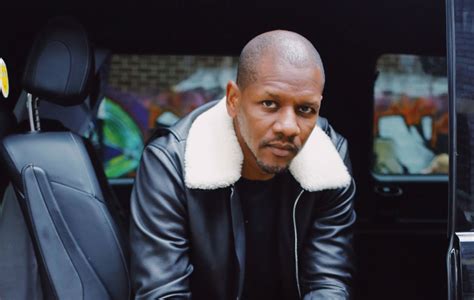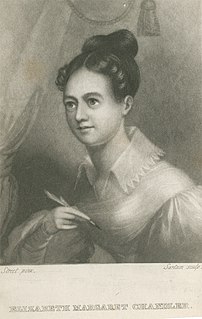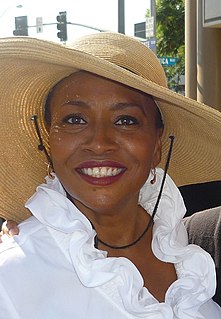A Quote by Jason Katims
A lot of times as writers, you want to come up with the best possible story, and you bend it according to what you want to happen. I think one of the things that I always try to think about is what would really happen in a situation, what feels real.
Related Quotes
One of the things that really impressed me about Anna Karenina when I first read it was how Tolstoy sets you up to expect certain things to happen - and they don't. Everything is set up for you to think Anna is going to die in childbirth. She dreams it's going to happen, the doctor, Vronsky and Karenin think it's going to happen, and it's what should happen to an adulteress by the rules of a nineteenth-century novel. But then it doesn't happen. It's so fascinating to be left in that space, in a kind of free fall, where you have no idea what's going to happen.
The actors come in and they make characters their own and so Patrick and I have never been the kind to think that our script is the bible. We want to make sure that the story is told, that you stick to the story but if you have to make changes to the character then that's fine. A lot of times there are some funny one-liners, funny things that happen that are out of the ordinary. I like it.
If you realized how powerful your thoughts are, you would never think a defeatist or negative thought. Since we create through thought, we need to concentrate very strongly on positive thoughts. If you think you can't do something, you can't. But if you think you can, you may be surprised to discover that you can. It is important that our thoughts be constantly for the best that could happen in a situation - for the good things we would like to see happen.
I've gotten a lot of comfort from the philosophy of the Roman Stoics. For me, one of the most powerful ideas of Stoicism is that you can't pick or choose in the world what you want to happen and what you don't want to happen, and that actually if you did get to choose, the version you would come up with would be unsociable, lame, and basically less beautiful than the truth.
I think when you're really passionate about something, and maybe not every person is like this, but I think there's a large group that feels deep inside, I want something different, I want something more, I want to go on my own path. It's being comfortable being uncomfortable. Because to do that, you're going to have to jump outside of the comfort zone and it isn't going to be perfect. It's going to be scary. And to me, that's when great things happen.
When you know that something's going to happen, you'll start trying to see signs of its approach in just about everything. Always try to remember that most of the things that happen in this world aren't signs. They happen because they happen, and their only real significance lies in normal cause and effect. You'll drive yourself crazy if you start trying to pry the meaning out of every gust of wind or rain squall. I'm not denying that there might actually be a few signs that you won't want to miss. Knowing the difference is the tricky part.
I have always been intensely uncomfortable with the idea of a science fiction writer as prophet. Not that there haven't been science fiction writers who think of themselves as having some sort of prophetic role, but when I think of that, I always think of H.G. Wells - he would think of what was going to happen, and he would imagine how it would happen, and then he would create a fiction to illustrate the idea that he'd had. And no part of my process has ever resembled that at all.
Sometimes I think that love is one big fairy tale. I wonder if people who say they are in love, if – really – they’ve just talked themselves into it. They want it so badly, they kind of make it happen. They fake it until they start believing their own story. Maybe that’s just sour grapes or something. Maybe because it doesn’t happen to me, I don’t want to think it happens to anyone else.
I can certainly be surprised by turns a story takes, but usually not once I'm actually in the writing/drawing stage. In the plotting stage, anything can happen. That's why I try to finish that part before I start writing. I may be exaggerating here - I'm sure there are times when I think of something part-way through that changes the story, but the ultimate outcome doesn't change. Or not yet. It could always happen.
I think about the structure, sure. I think about what's going to happen, and how it's going to happen, and the pace. But I think if I stop to think about it in an abstract sense, I feel very daunted. I just try to enter into the story and feel my way through it. It's a very murky, intuitive way of going about it.




































